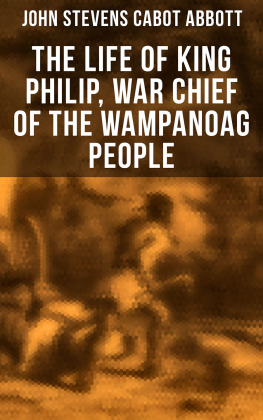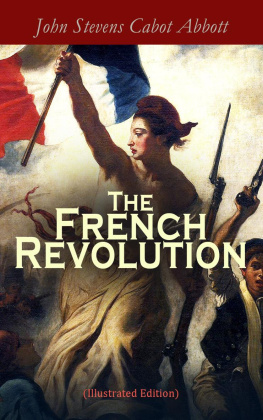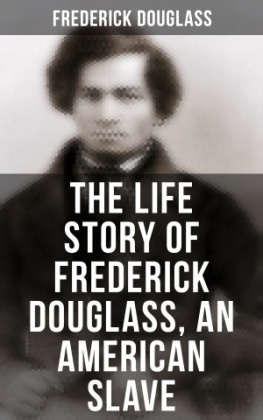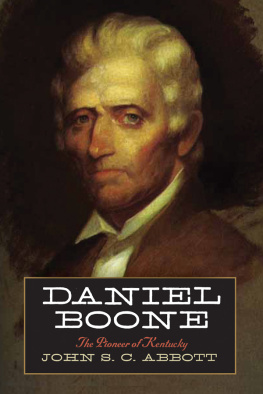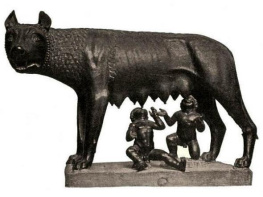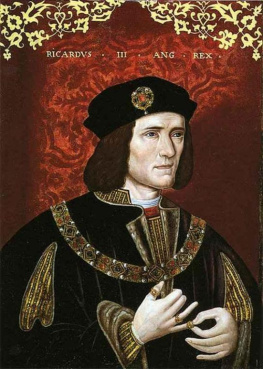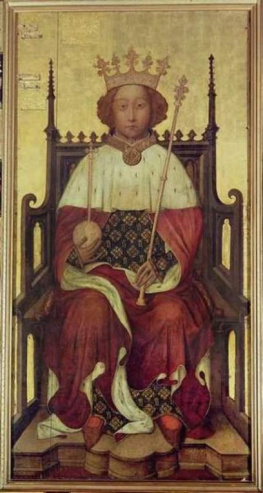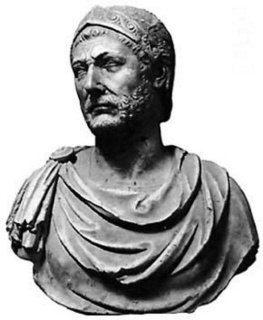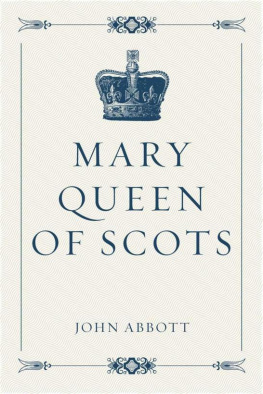| Note: | Images of the original pages are available through Internet Archive. See https://archive.org/details/frenchrevolution00abborich |
pic
MARIE ANTOINETTE.
THE
FRENCH REVOLUTION
OF 1789
AS VIEWED IN THE LIGHT OF REPUBLICAN INSTITUTIONS.
BY
JOHN S. C. ABBOTT.
With One Hundred Engravings.
NEW YORK:
HARPER & BROTHERS, PUBLISHERS,
FRANKLIN SQUARE.
1859.
Entered, according to Act of Congress, in the year one thousand eight hundred
and fifty-nine, by
HARPER & BROTHERS,
in the Clerk's Office of the District Court of the Southern District of New York.
PREFACE.
F or some years the author of this work has been collecting materials for writing the history of the French Revolution. With this object in view he has visited Paris, wishing also to become familiar with the localities rendered immortal by the varied acts of this dramathe most memorable tragedy, perhaps, which has as yet been enacted upon the theatre of time. In addition to the aids which he has thus derived from a brief sojourn in Paris, he has also found the library of Bowdoin College peculiarly rich in all those works of religious and political philosophizings which preceded and ushered in these events, and in the narratives of those contemporary historians who recorded the scenes as they occurred, or which they themselves witnessed. Governor Bowdoin, whose library was the nucleus of the present college library, seems to have taken a special interest in collecting all the writings of the French philosophers and all the works of contemporary authors bearing upon the French Revolution, includingthe most important of allfull files of the Moniteur.
The writer would not take up his pen merely to repeat the story which has so often and so graphically been told before. But it is expecting too much of human nature to imagine that the struggles of an oppressed people to emancipate themselves from feudal despotism can be impartially narrated in the castles of nobles or in the courts of kings. It is inevitable that the judgment which is pronounced upon the events which such a struggle involves will be biased by the political principles of the observer. Precisely the same transaction will by one be condemned and by another applauded. He who believes in the divine right of kings to reign and in the divine obligation of the people unquestioning to obey, must condemn a people who endeavor to break the shackles of despotic power, and must applaud kings and nobles who, with all the energies of bomb-shells, sabres, and iron hoofs, endeavor to crush the spirit of democratic freedom. On the contrary, he who accepts the doctrine that sovereignty resides in the people must commend the efforts of an inthralled nation to sever the chains of servitude, and must condemn the efforts of kings and nobles to rivet those chains anew. Thus precisely the same facts will be regarded with a very different judgment according as the historian is influenced by political principles in favor of equality of rights or of aristocratic privilege. The author of this work views the scenes of the French Revolution from a republican stand-point. His sympathies are strongly with an oppressed people struggling for political and religious liberty. All writers, all men profess to love liberty.
"Despots," says De Tocqueville, "acknowledge that liberty is an excellent thing. But they want it all for themselves, and maintain that the rest of the world is unworthy of it. Thus there is no difference of opinion in reference to liberty. We differ only in our appreciation of men."
To commence the history of the French Revolution with the opening of the States-General in 1789 is as unphilosophical as to commence the history of the American Revolution with the battle of Lexington. No man can comprehend this fearful drama who does not contemplate it in the light of those ages of oppression which ushered it in. It is in the horrible despotism of the old monarchy of France that one is to see the efficient cause of the subsequent frantic struggles of the people.
"The Revolution," says De Tocqueville, "will ever remain in darkness to those who do not look beyond it. Without a clear view of society in the olden time, of its laws, its faults, its prejudices, its sufferings, its greatness, it is impossible to understand the conduct of the French during the sixty years which have followed its fall."
There is often an impression that the Revolution was a sudden outbreak of blind unthinking passiona tempest bursting from a serene sky; or like a battle in the nightmasses rushing blindly in all directions, and friends and foes in confusion and phrensy smiting each other. But, on the contrary, the Revolution was of slow growth, a storm which had been for centuries accumulating. The gathering of the clouds, the gleam of its embosomed fires, and the roar of its approaching thunders arrested the attention of the observing long before the storm in all its fury burst upon France. A careful historic narrative evolves order from the apparent chaos, and exhibits, running through the tumultuous scene of terror and of blood, the operation of causes almost as resistless as the operation of physical laws.
The writer has freely expressed his judgment of the transactions which he has narrated. "The impartiality of history," says Lamartine, "is not that of a mirror which merely reflects objects; it should be that of a judge who sees, listens, and decides." The reader will not be surprised to find that some occurrences which historians caressed in regal courts and baronial halls have denounced as insolent and vulgar are here represented as heroic and noble.
Every generous heart will respond to the sentiment uttered, in this connection, by Thiers. "I have endeavored to stifle," he says, "within my own bosom every feeling of animosity. I alternately figured to myself that, born in a cottage, animated with a just ambition, I was resolved to acquire what the pride of the higher classes had unjustly refused me; or that, bred in palaces, the heir to ancient privileges, it was painful to me to renounce a possession which I regarded as a legitimate property. Thenceforth I could no longer harbor enmity against either party. I pitied the combatants, and I indemnified myself by admiring generous deeds wherever I found them."
One simple moral this whole awful tragedy teaches. It is, that the laws must be so just as to command the assent of every enlightened Christian mind, and the masses of the people must be trained to such intelligence and virtue as to be able to appreciate good laws and to have the disposition to maintain them. Here lies the only hope of our republic.
The illustrations which embellish these pages are from the artistic pencil of Mr. C.E. Doepler, who went to Paris that he might with more historical accuracy delineate both costumes and localities. To the kindness of Messrs. Goupil & Co. we are indebted for the privilege of copying the exquisite engraving of Marie Antoinette at the Revolutionary tribunal, which forms the Frontispiece.
John S. C. Abbott.
Brunswick , Maine, Nov., 1858.
FOOTNOTES:
The Old Rgime and the Revolution, by Alexis de Tocqueville, Introduction, p. xi.
Ib., p. 253.
Lamartine, History of the Girondists, i., 10
Thiers, French Revolution, Introduction.
CONTENTS.
| ORIGIN OF THE FRENCH MONARCHY. |
| Extent of France.Character of its early Inhabitants.Conquest of Gaul.Barbarian Invasion.The Franks.Pharamond.Clovis.Introduction of Christianity.Clotilda.Merovingian Dynasty.Fields of March.Anecdote of Clovis.The Parisii.Strife with the Nobles.Moorish Invasion.Charles Martel.Pepin.Fields of May.Charlemagne.His Policy.Feudal System.The Church.Rolls.Louis V.Hugh Capet.Parliament established by Philip the Fair |


